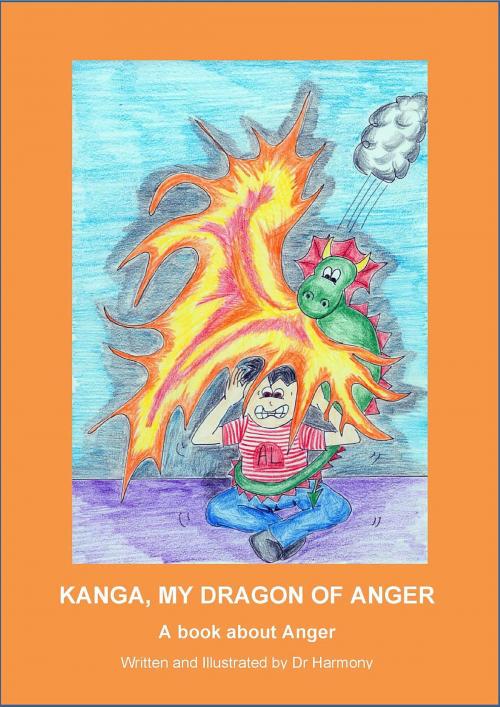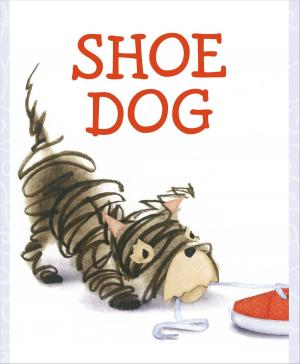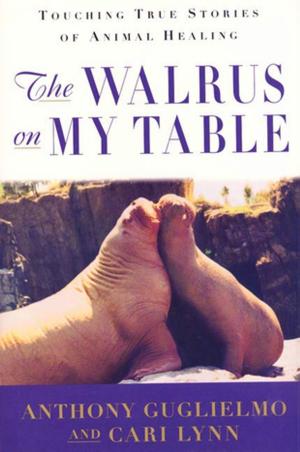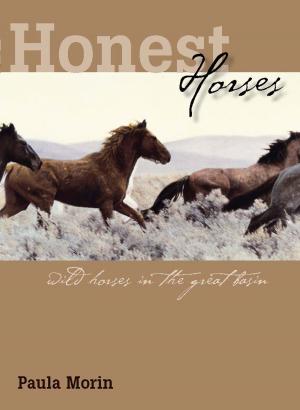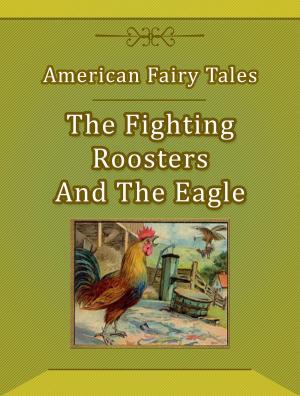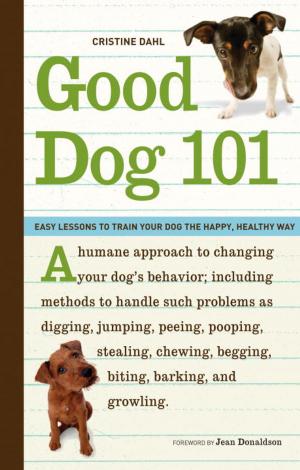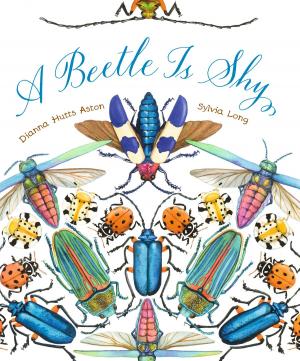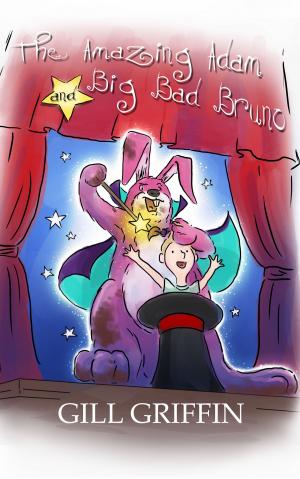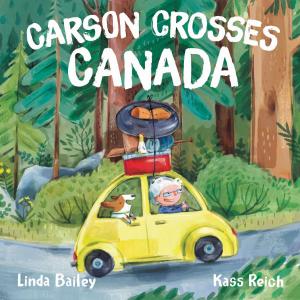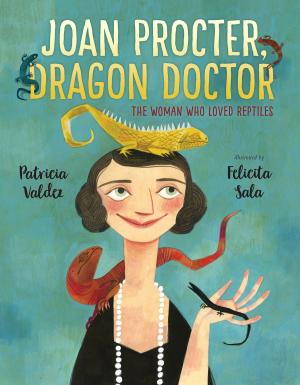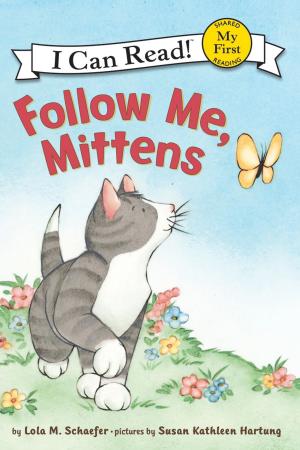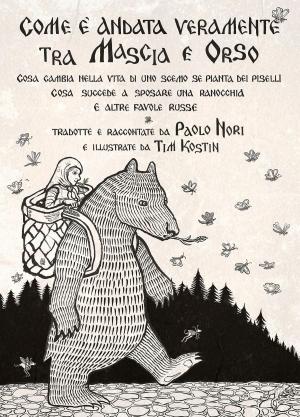Kanga, My Dragon of Anger
A book about Anger
Kids, Creative Kids, Activity Books, Natural World, Animals| Author: | Doctor Harmony | ISBN: | 9781925420043 |
| Publisher: | Prosperous Alliance Enterprise Pty Ltd | Publication: | October 22, 2015 |
| Imprint: | Prosperous Alliance Enterprise Pty Ltd | Language: | English |
| Author: | Doctor Harmony |
| ISBN: | 9781925420043 |
| Publisher: | Prosperous Alliance Enterprise Pty Ltd |
| Publication: | October 22, 2015 |
| Imprint: | Prosperous Alliance Enterprise Pty Ltd |
| Language: | English |
When adults are not comfortable talking about and facing uncomfortable feelings, such as anger, it is then difficult for their children to learn how to deal with these feelings constructively. "Bottled" emotions increase the risk of physical and emotional health problems. Some people turn to drugs and alcohol, comfort-eating, gambling or domestic violence. It also fractures relationships and families.
Vast amounts of research suggest that promoting resilience (such as constructive use of our uncomfortable feelings) reduces the risk of children later developing behavioural problems, being bullied or bullying others, having substance abuse, mental illness, suicide and school dropout. Resilience can also promote academic performance and can even improve treatment outcomes in adults with anxiety and depression.
Treating emotional and social problems when they have already developed is more difficult and costly than preventing it. We need to be instilling our children with skills early in life to prevent problems from happening.
The message is clear: Everyone will be confronted with life challenges and stress, no matter what age. Uncomfortable feelings are also normal. Once we accept this and can identify our feelings, we then have choices about how to deal with them constructively. This empowers children and families, reduces helplessness and brings hope. Resilience is a lifetime priceless gift we can teach our children with endless benefits.
All Dr Harmony's books:
-Have "find the character" on each illustrated page;
-Rhyme (research suggests rhyming books lead to advanced readers);
-Have a fun activities section for children to emphasise the messages of each book;
-Have an adults’ page provides tips to adults to help children to work through each feeling in real-life situations;
-Are easy for children to relate to.
TIP:
Get your children to draw their angry dragons and give them personalised names! Their dragons can then be referred in daily life whenever they feel angry. This reminds them about the strategies discussed in the book. The more frequently the concepts are used, eventually it is easier for children to independently problem-solve life challenges.
Other books in Building Resilience book series 1:
Jo, My Sad Hippo (A book about Sadness)
My Pet Monster (A book about Worry)
The Cat's Got My Tongue (A book about Shyness & Performance Anxiety)
FEATURED REVIEW by KIRKUS REVIEWS:
"Young Al has a dragon in his pocket. When the boy gets angry, he says, Kanga, the dragon, “breathes fire into my head and belly”—a wonderful way to describe how fuzzy one’s thinking can get and how uncomfortable one’s stomach can feel when anger takes over... Overall, the concepts and the visualization of the dragon, are excellent and will appeal to readers who have trouble coping with emotional challenges. The illustrations are simplistic, and characters’ proportions are more free-form than lifelike, but the book’s seek-and-find aspect, which encourages children to locate Kanga on each page, will delight readers on the younger end of its target audience...Thought-provoking questions, fun activities, and insightful imagery mark this book as one that may be particularly useful in schools."
When adults are not comfortable talking about and facing uncomfortable feelings, such as anger, it is then difficult for their children to learn how to deal with these feelings constructively. "Bottled" emotions increase the risk of physical and emotional health problems. Some people turn to drugs and alcohol, comfort-eating, gambling or domestic violence. It also fractures relationships and families.
Vast amounts of research suggest that promoting resilience (such as constructive use of our uncomfortable feelings) reduces the risk of children later developing behavioural problems, being bullied or bullying others, having substance abuse, mental illness, suicide and school dropout. Resilience can also promote academic performance and can even improve treatment outcomes in adults with anxiety and depression.
Treating emotional and social problems when they have already developed is more difficult and costly than preventing it. We need to be instilling our children with skills early in life to prevent problems from happening.
The message is clear: Everyone will be confronted with life challenges and stress, no matter what age. Uncomfortable feelings are also normal. Once we accept this and can identify our feelings, we then have choices about how to deal with them constructively. This empowers children and families, reduces helplessness and brings hope. Resilience is a lifetime priceless gift we can teach our children with endless benefits.
All Dr Harmony's books:
-Have "find the character" on each illustrated page;
-Rhyme (research suggests rhyming books lead to advanced readers);
-Have a fun activities section for children to emphasise the messages of each book;
-Have an adults’ page provides tips to adults to help children to work through each feeling in real-life situations;
-Are easy for children to relate to.
TIP:
Get your children to draw their angry dragons and give them personalised names! Their dragons can then be referred in daily life whenever they feel angry. This reminds them about the strategies discussed in the book. The more frequently the concepts are used, eventually it is easier for children to independently problem-solve life challenges.
Other books in Building Resilience book series 1:
Jo, My Sad Hippo (A book about Sadness)
My Pet Monster (A book about Worry)
The Cat's Got My Tongue (A book about Shyness & Performance Anxiety)
FEATURED REVIEW by KIRKUS REVIEWS:
"Young Al has a dragon in his pocket. When the boy gets angry, he says, Kanga, the dragon, “breathes fire into my head and belly”—a wonderful way to describe how fuzzy one’s thinking can get and how uncomfortable one’s stomach can feel when anger takes over... Overall, the concepts and the visualization of the dragon, are excellent and will appeal to readers who have trouble coping with emotional challenges. The illustrations are simplistic, and characters’ proportions are more free-form than lifelike, but the book’s seek-and-find aspect, which encourages children to locate Kanga on each page, will delight readers on the younger end of its target audience...Thought-provoking questions, fun activities, and insightful imagery mark this book as one that may be particularly useful in schools."
